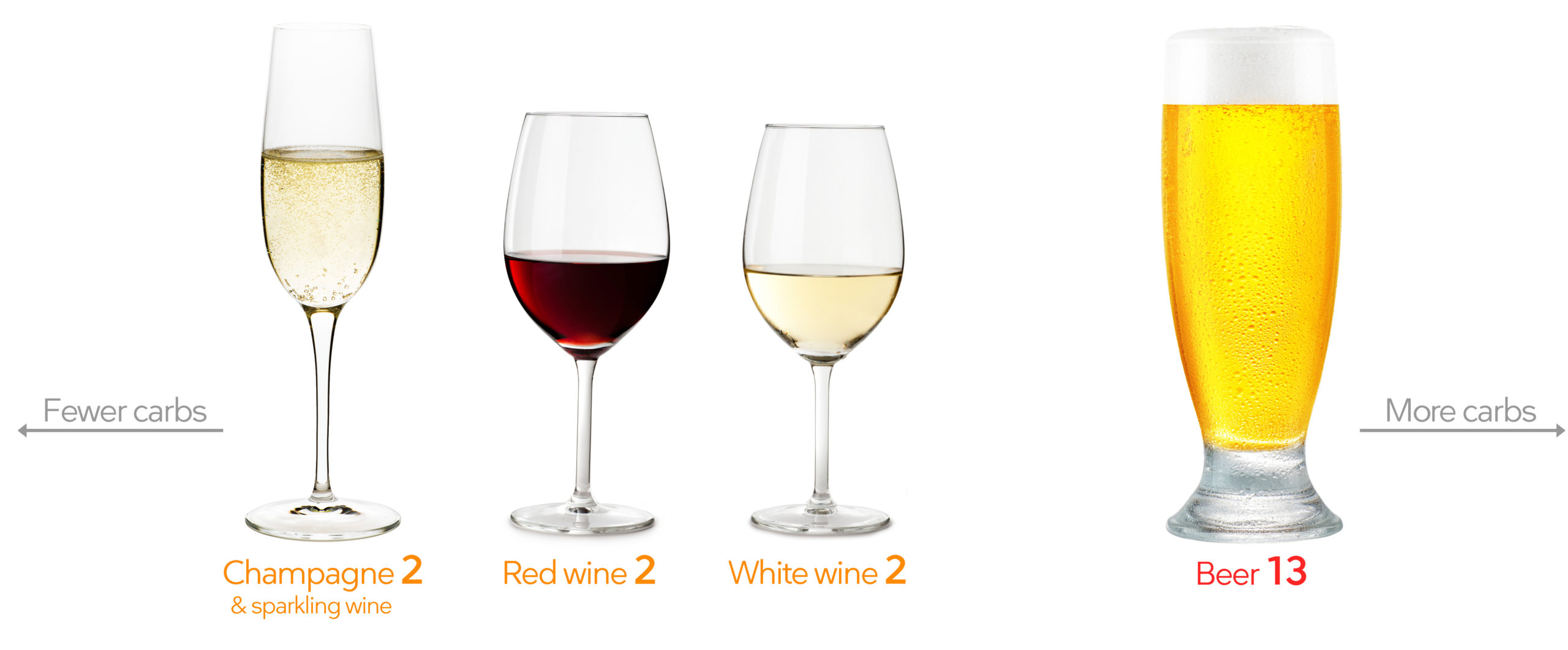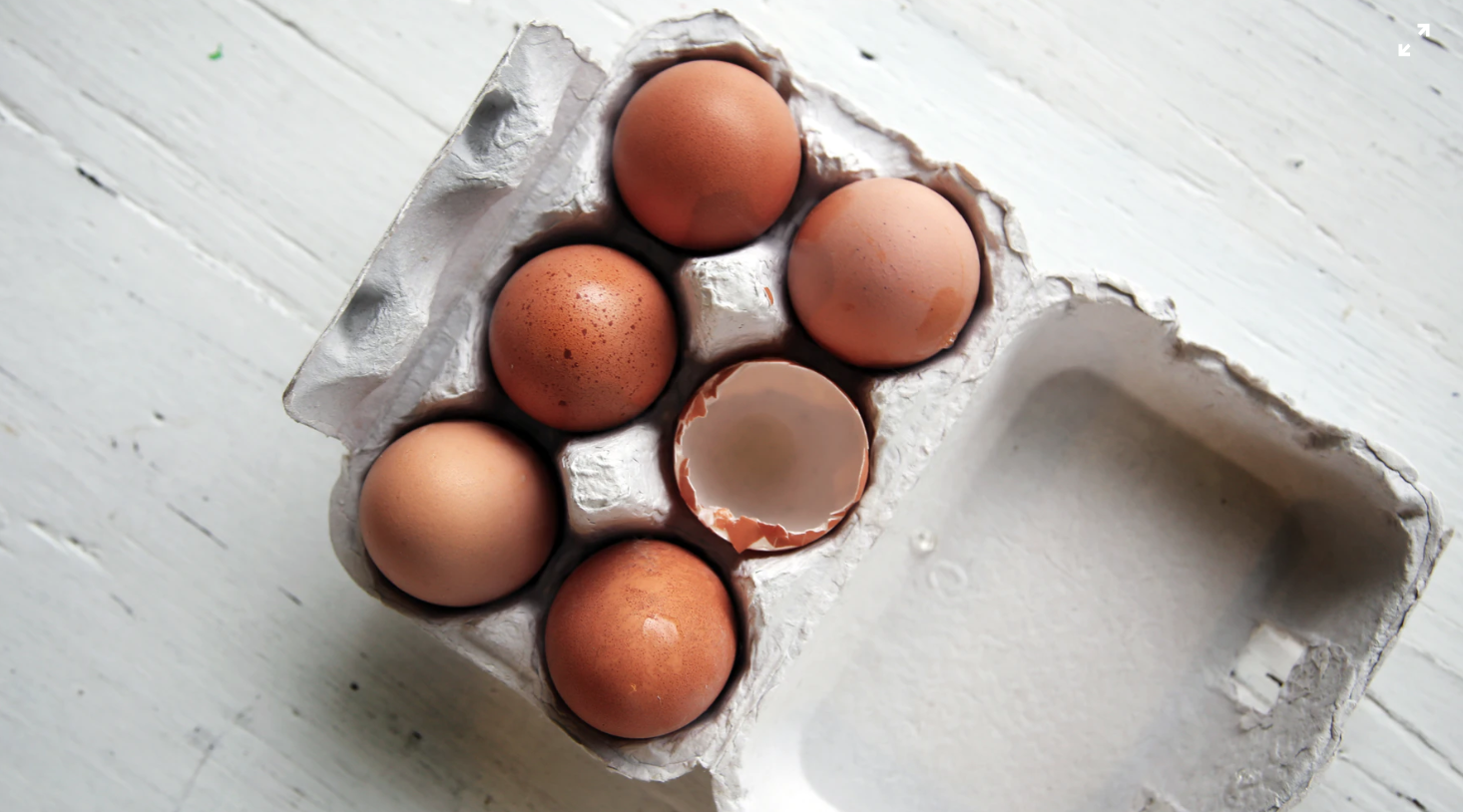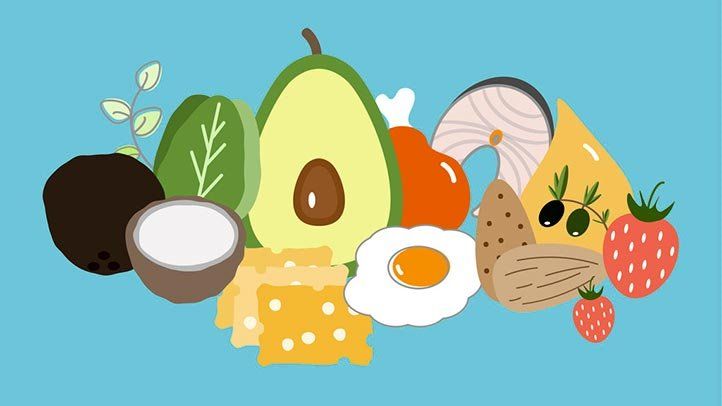Low Carb and Ketogenic Beer Options

Beer is one of the most popular alcoholic drinks in the world. Whether you drink it for the buzz, for their unique flavors, or both, you can find a beer that is perfect for you.
However, that beer that you love so much may be not be helping you at all in the long run. This is because the average beer has around 150 or more calories in every 12-ounce serving along with a dose of alcohol, which will cause several adverse effects throughout the body when you have too much.

What’s even worse is that most beers are not even close to being keto or low-carb friendly. Their carb count is typically so high that just one beer will take a good chunk out of your carb limit for the day.
What is Beer Made Of? The First Clue as to Why Most Beers Aren’t Keto-Friendly

Almost every beer consists of four main ingredients: water, malted grains, hops, and yeast.
The malted grains are the meat and potatoes of beer, and the reason why beer is sometimes called “liquid bread.” They provide the sugars that are fermented by yeast to produce alcohol and CO2 (natural carbonation). However, not all of the sugars and carbohydrates from the grain will be fermented, providing the beer with a combination of carbonation, alcohol, and carbs that beer drinkers love.
Side note: malted grains are grains that are germinated and dried in order to activate enzymes that help break down the starch from the grains into simple sugars. The yeast will then digest these simple sugars even further to create alcohol.
The malted grains are also the primary source of color, body, flavor, and aroma in beer. Malted barley is by far the most widely used grain in beer making, but it is not the only one. Other malted grains commonly used in brewing include wheat, rye and oats.

There is one problem with these grains, however. They are the primary source of calories and carbs that you get from the beer. The hops and yeast contribute a tiny amount of calories, but calorie content of the beer depends mostly on the grains.
On top of that, some beer brewers add other ingredients like unmalted grains and added sugars to add to the flavor and drinkability of the beer. Unfortunately, these additional ingredients also add more calories and carbs to the beer as well, making them even worse for you from a health and dieting perspective.
What Happens When We Drink Beer?

You probably already know, to some degree, what happens when you eat carbs, but things change when you consume alcohol with those carbs. Firstly, both the carbs and the alcohol will trigger insulin levels to rise, and the carbs will briefly increase your blood sugar levels along with a decrease in ketone production.
Once the alcohol enters the liver to be detoxified, your body’s energy sources will be directed toward handling the alcohol that you just ingested. As a result, gluconeogenesis shuts down, lactate accumulates, and the liver starts synthesizing fatty acids for storage. All of this may cause hypoglycemia (low blood sugar) and lactic acidosis (acid accumulation in the blood), which will disrupt your metabolic health substantially.
The Problem With Drinking Beer While You Are On The Ketogenic Diet
If you keep your beer consumption to 1 to 2 beers a day or less, then you may gain some extra weight or slow your weight loss (depending on how many calories you consume throughout the day), but your overall health might be just fine. For those who are on the ketogenic diet, however, it is essential that you are mindful of what beer you drink and how much beer you drink.

Many beers have enough carbs to put you over your carb limit for the day with just 12 ounces. Plus, the influx of alcohol and carbs will throw off your body’s ability to burn fat for fuel due to the insulin increase and the toxic load of the alcohol on the liver.



